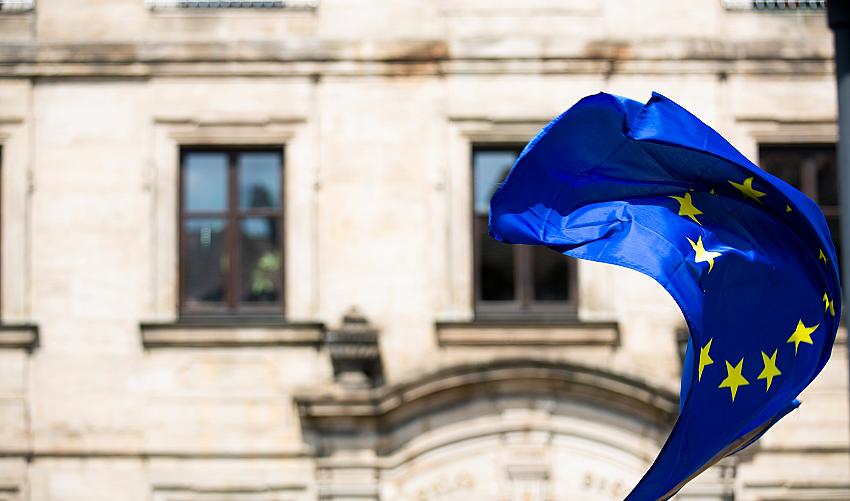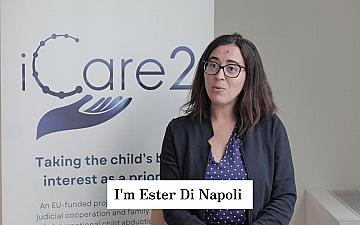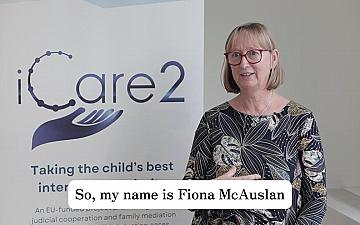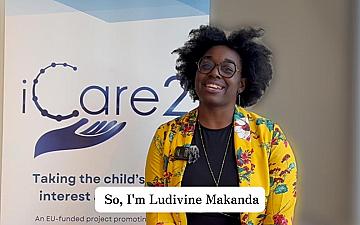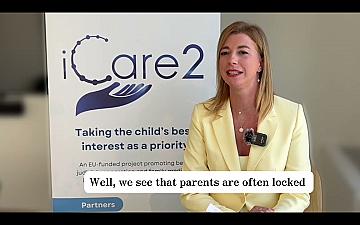The EU takes the issue of disinformation very seriously during the last couple of years and have undertaken various initiatives and actions to try to prevent it and/or limit it to the extend possible. In particular, the EU focuses on the youth communities and how they are impacted by fake and bogus news. It aims to strengthen its actions on a regular basis. That was particularly important since the start of the COVID-19 pandemic as there has been an increase of spreading fake and misleading information (e.g. false health claims, conspiracy theories, consumer related frauds ).
The EU published a communication with key areas for further action to tackle disinformation which was dedicated to COVID-19, however it is widely applicable to any circumstances including fake news. It includes detailed information about the following aspects:
- Understanding disinformation
- Communication with citizens
- Cooperation at all levels
- Working with online platforms
- Ensuring freedom of expression and democratic debate
- Empowering citizens
Furthermore, the EU funds and supports various projects and campaigns related to the topic. For instance, the EUvsDiSiNFO web platform and associated social media channels which are part of a campaign run by the EU's East Strategic Communication Task force aimed at forecasting, addressing and responding to disinformation in a more effective manner. The team was set up following a discussion among EU Heads of State in March 2015, where they stressed the need to address Russia's ongoing disinformation campaigns.
In December 2018, the European Commission and the High Representative of the Union for Foreign Affairs and Security Policy published a Joint Communication to the European Parliament, the European Council, the Council, the European Economic and Social Committee and the Committee of the Regions regarding an Action Plan against Disinformation. It has built on the already existing initiatives while responding to the need to fight disinformation and protect values of the EU democratic societies. Furthermore, the need to combat disinformation is included within the EU Digital Education Action Plan (2021-2027).
Тhe European Democracy Action Plan develops guidelines for obligations and accountability of online platforms in the fight against disinformation. In addition, a strengthened Code of Practice on Disinformation following the Commission’s Guidance of May 2021 has been elaborated by online platforms, emerging and specialised platforms, fact-checkers, research and civil society organisations. This updated Code aims to achieve the objectives of the Commission’s Guidance, by setting a wider range of commitments and measures to combat online disinformation.
An overview of the most recent EU actions, tools and tips to avoid being ‘duped by disinformation’ has been published on the EU Youth Portal. It provides you with know how to spot deceptive and untrustworthy information. In addition, it has laid out related links, project and applications to increase further knowledge and awareness.
All the above-mentioned call for more active engagement from the general public and recognition of the issue of disinformation at national level. A lot has been done, however much more is needed to combat fake news and reduce disinformation levels among the youth in Europe.
